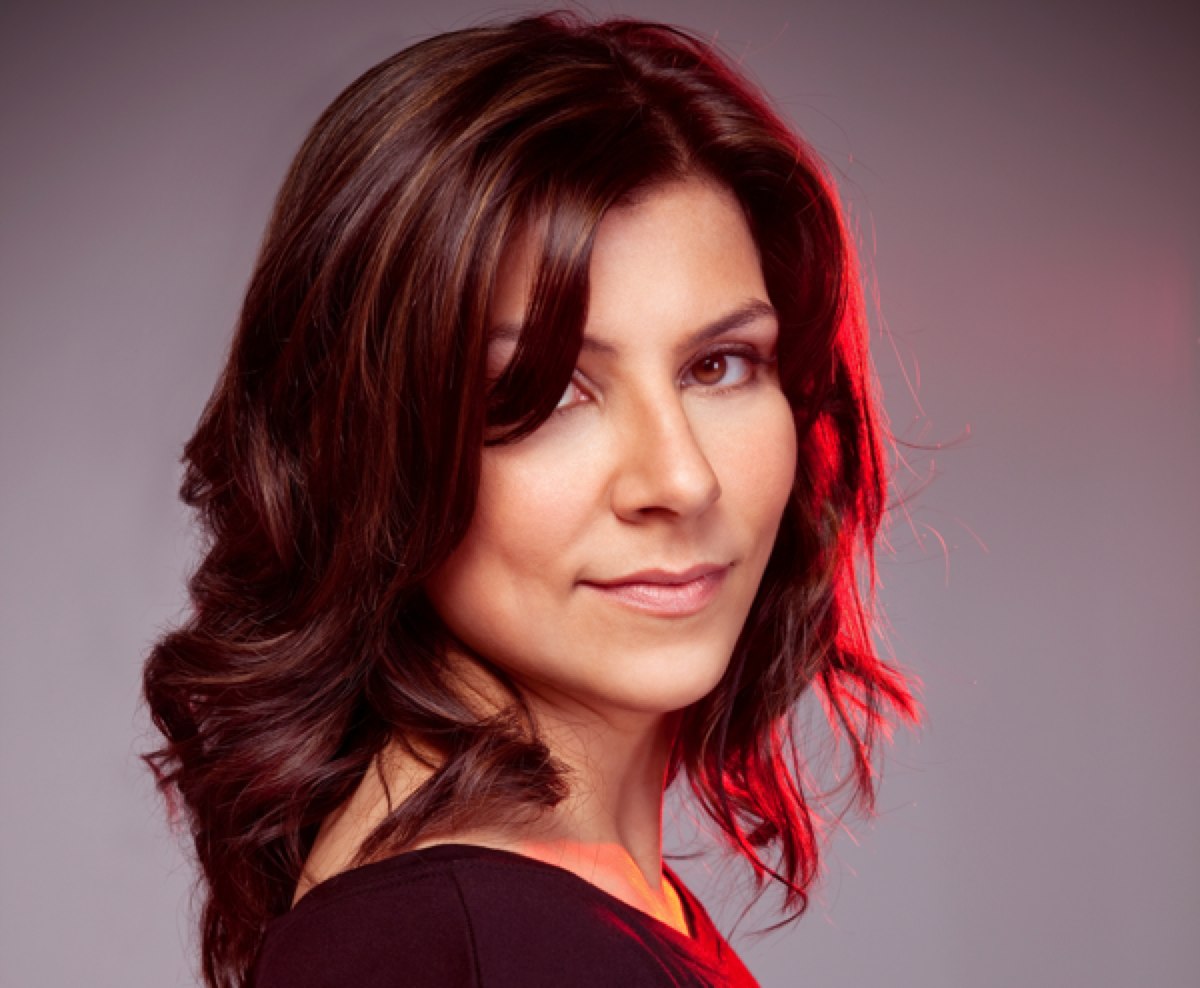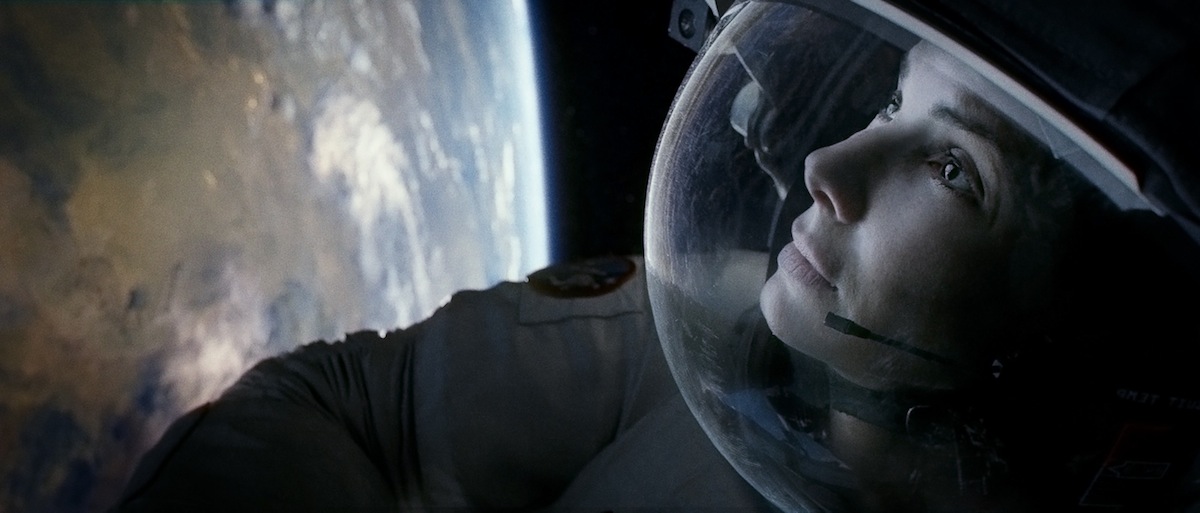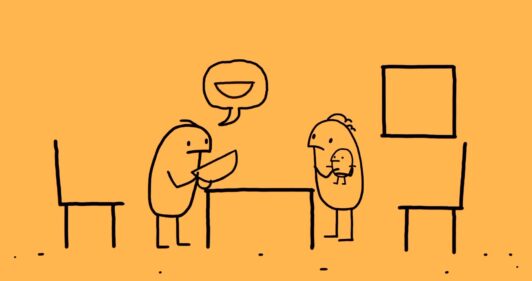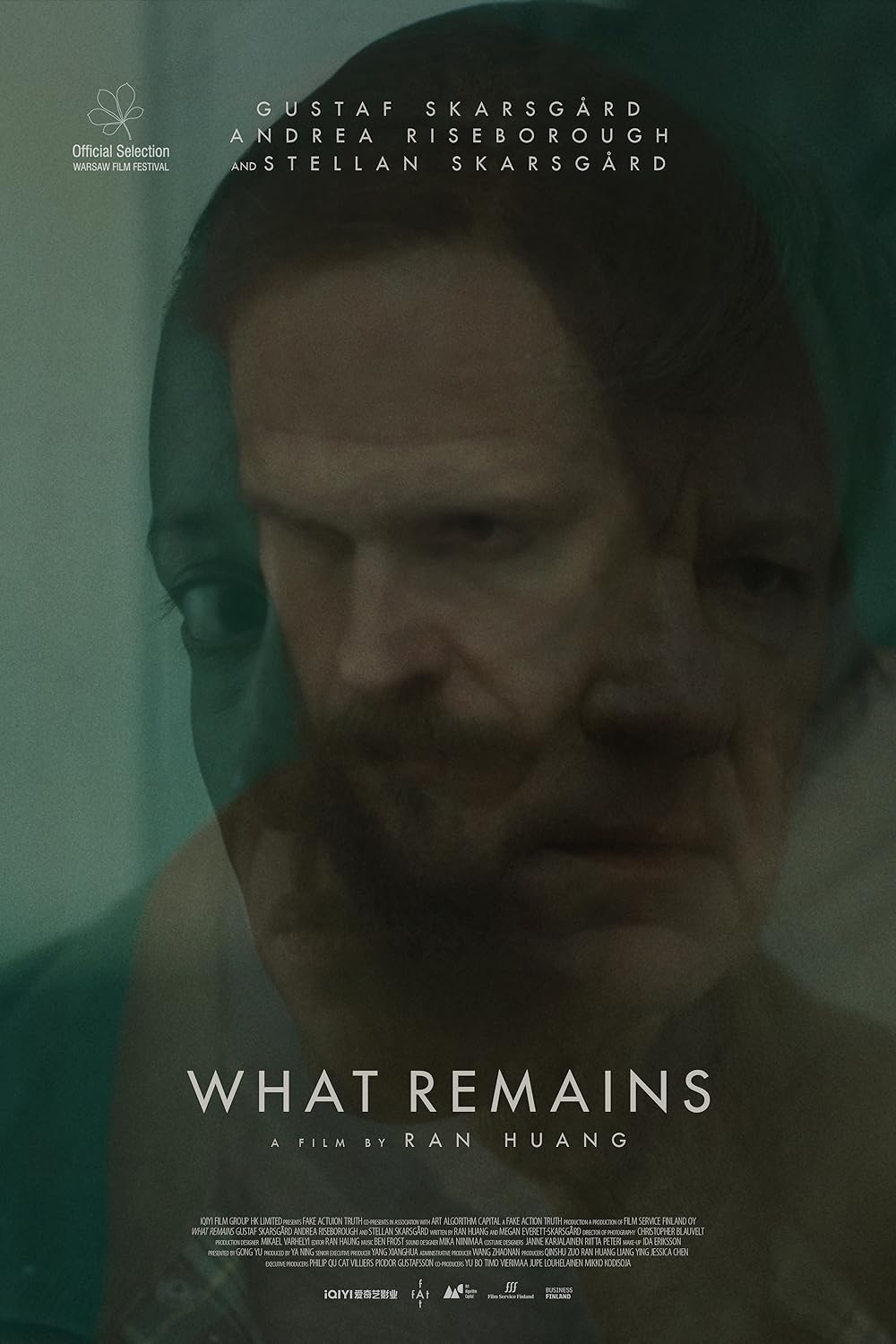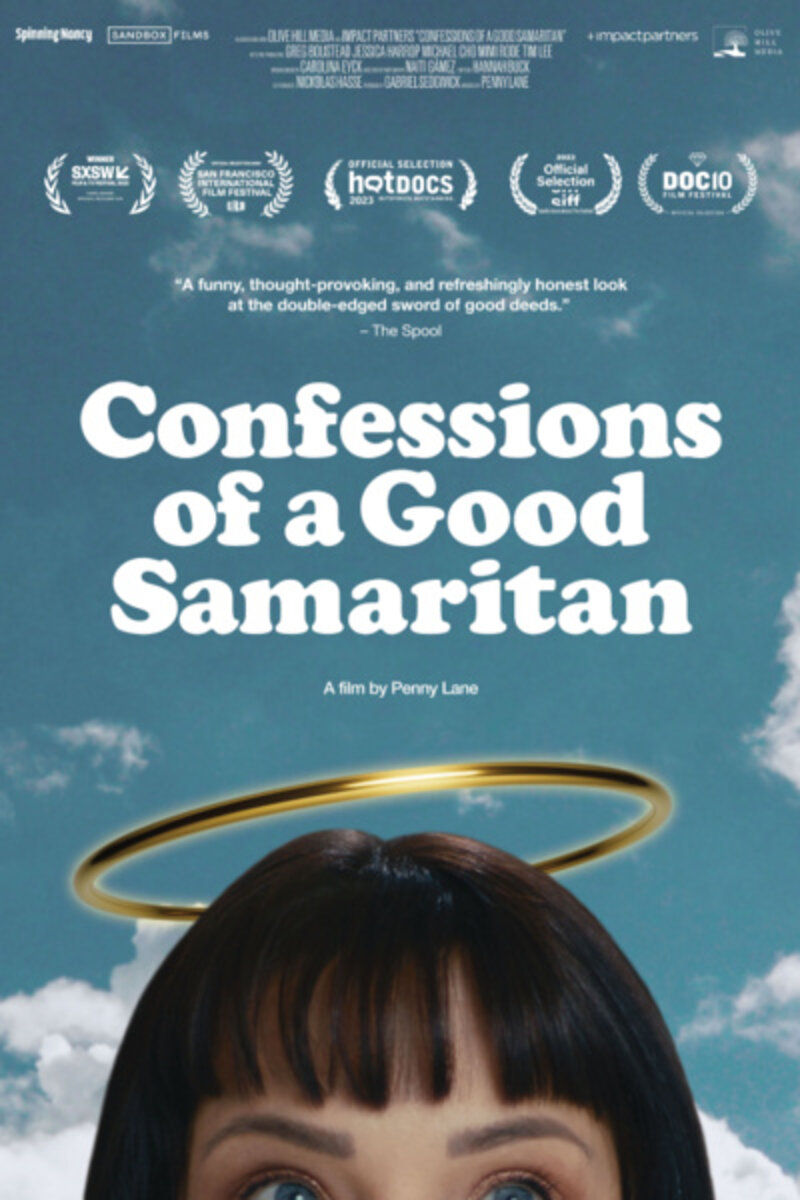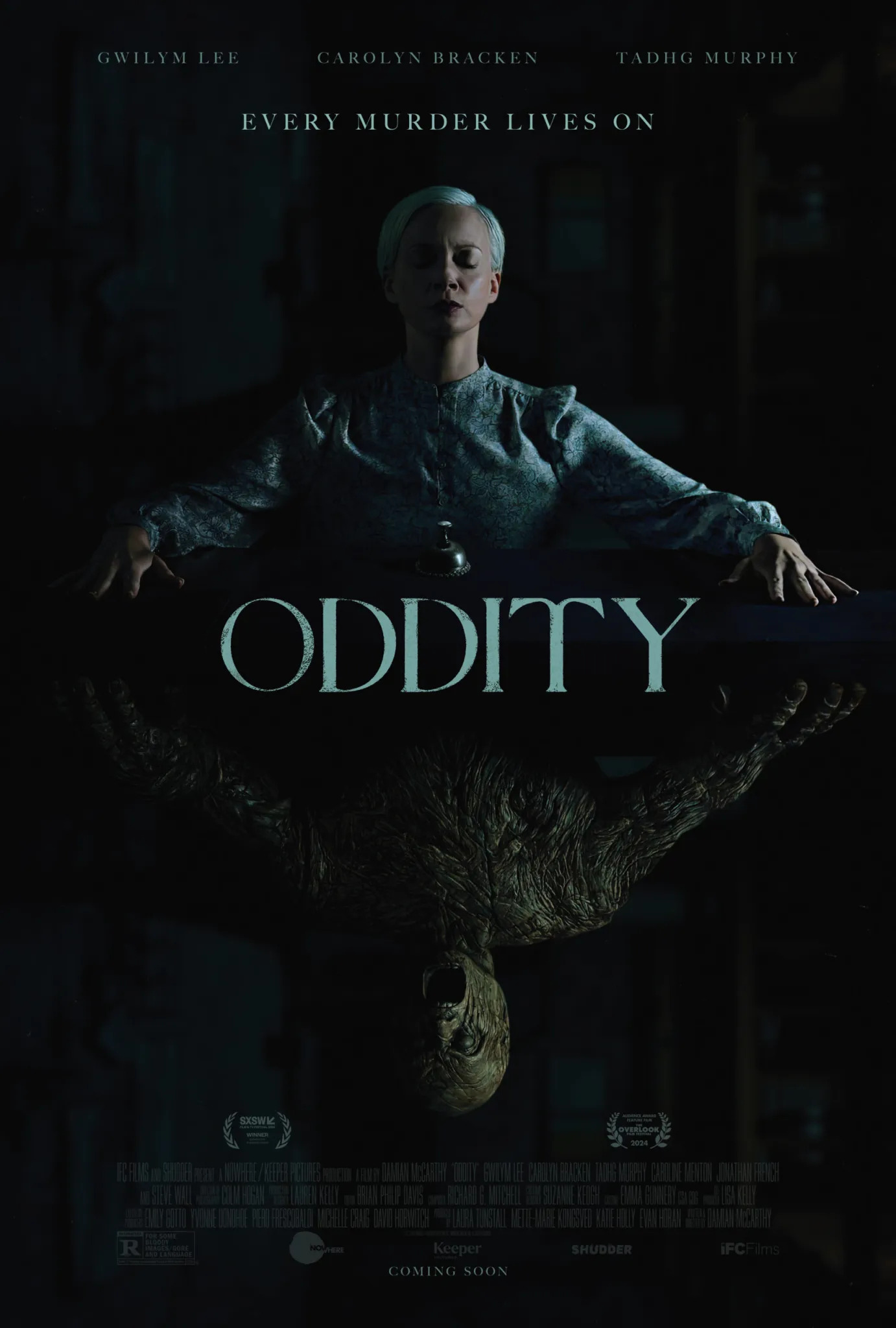In a frank scene between Ally Sheedy, Martha Plimpton and Rosanna Arquette in the latter's 2002 documentary, "Searching for Debra Winger," the three women bluntly spell out the problem facing cinema actresses. Their roles are mostly limited to "girlfriend" and "mother." Television gives actresses a wider selection, and it isn't afraid to hire women over (gasp!) 40. Otherwise, mainstream cinema generally (did you see that, Internet? I said "generally") suffers from ageism and a lack of imagination when it comes to women.
Worse still is that we encourage it. Consider the 10 highest-grossing films of 2013: among the female leads, you'll find 5 love interests and 2 mothers.
It's hopeful that these top films also include "Gravity," even though its marketing machine inflated George Clooney's role in the trailer, carefully omitting that most of the film is spent with Sandra Bullock's character, Dr. Ryan Stone. It's as if they didn't trust the audience to make the leap on their own, because, all told, there is a leap.
Stone isn't a typical female movie character. It starts with her job. Stone is a highly skilled scientist and astronaut, and one who is valued by NASA. As Govindini Murty put it in the Huffington Post, "'Gravity' establishes from the beginning that Bullock's character is in space because she has invented a groundbreaking medical imaging technology…Dr. Stone's skills are considered so integral to the mission that she has been given six months of astronaut training and has spent a full week in space in order to install the delicate technology in the multi-billion-dollar Hubble."

Her job is a complicated one, and by association, it explains how she can so quickly adapt to the complex situations and environments she's thrown into. Intelligence is her weapon, and the only plausible key to her survival.
While in space, Stone has no love interests. Nobody is even waiting for her back on Earth. And given that the action happens almost immediately, she has no time to develop romantic feelings for anyone else since they all die.
This is why, freshly out of saviors, Stone is hardly a damsel in distress. Instead, it's her wits that get her out of her messes. Granted, she receives much of her initial instructions from Matt Kowalski (George Clooney), but she still manages to carry them out by herself, moments after accepting his certain death. After that point, which happens about 1/3 into the film, she's on her own and—until the very last minute—in grave danger. Seemingly self-aware, the movie even toys with our expectations of the "damsel" trope by making Kowalski reappear in a hallucination.
Despite having been a mother, Stone is not a Madonna figure. She alludes to the idea that her deceased daughter might be in an otherworldly plane, but only minutes earlier, she admits that she doesn't pray, and asks someone to say a prayer purely out of desperation. She's otherwise too aloof to satisfy the tender, spiritual stereotype.
Which means Stone is flawed and difficult to idealize. Remember how she totally loses her cool at the beginning? While it's understandable—she meets with an unimaginable disaster—she's still mortal enough to panic. She's also evasive, having partly accepted the space mission to escape her problems. There's nothing to venerate, here. She has intimacy issues, she's still grieving the loss of her daughter, and while she clearly excels professionally, her job pacifies emotional turmoil. There's nothing wrong with any of these things; they're just terrifically normal, something many female movie characters are not given permission to be.
Another thing they're rarely allowed to be is plain. Stone is not a conventionally feminine or pretty character, and while Sandra Bullock is a stunner, the styling department went to a lot of trouble to tone her beauty down. She has non-descript short hair, no makeup, and her khaki-colored spandex wardrobe is appropriately practical. At no point is there even so much as a flashback to a more glam version of herself, and she never gets a makeover. I can't recall such an unembellished cinematic sci-fi heroine since Sigourney Weaver in the first three "Alien" movies.
Because the 91-minute film isn't especially heavy on dialogue, the Cuaróns (father and son wrote the screenplay) evidently trusted us to accept this female character as is, with few explanations. And what's to explain? In reality, a woman like Dr. Ryan Stone is not unusual at all.
